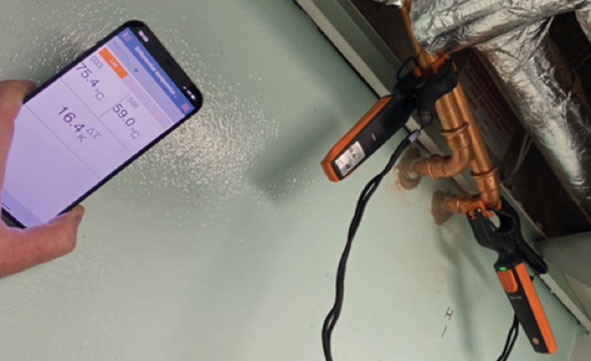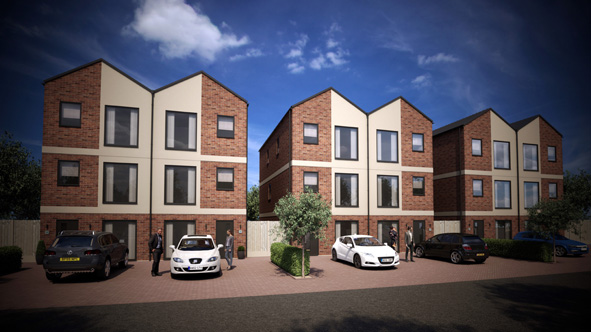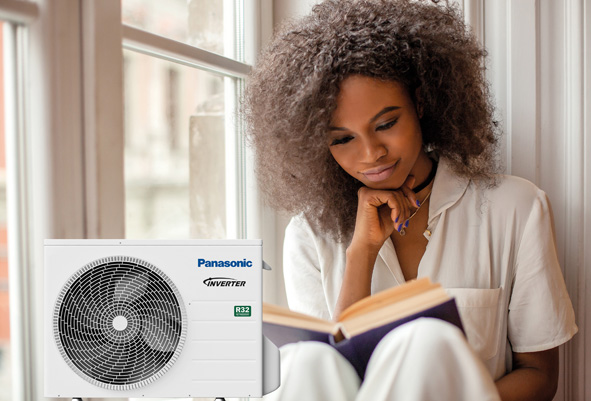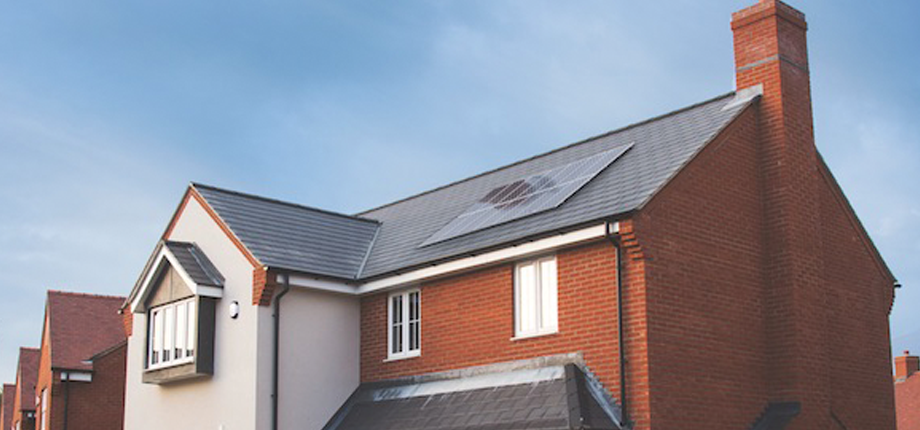Heat Networks: Acceptance testing important to the performance of the system

The UK Government has identified that heat networks have an important part to play in the provision of low carbon heating. This is supported by government grant schemes like the Heat Network Delivery Unit (HNDU), the Heat Network Efficiency Scheme (HNES) and the Green Heat Network Fund (GHNF). There is also a separate scheme in Scotland providing £300m of funding for heat networks.





















